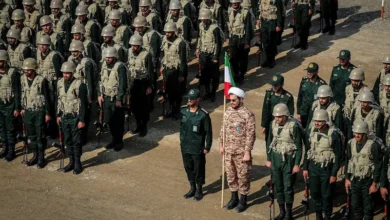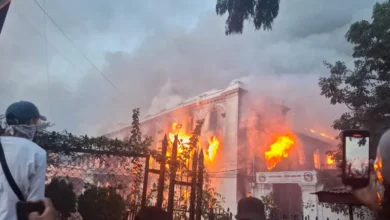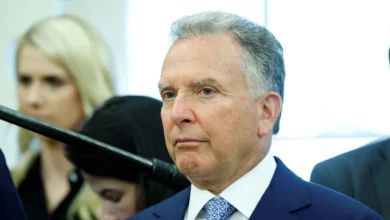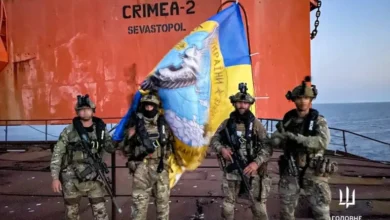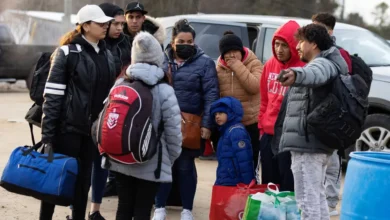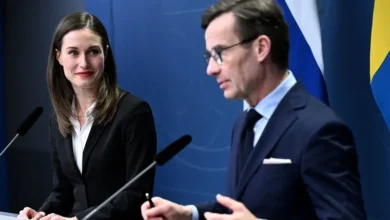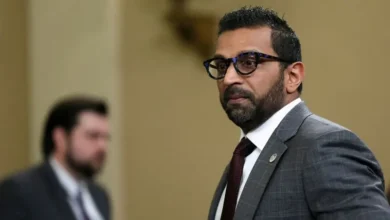Guatemala elections: What you need to know
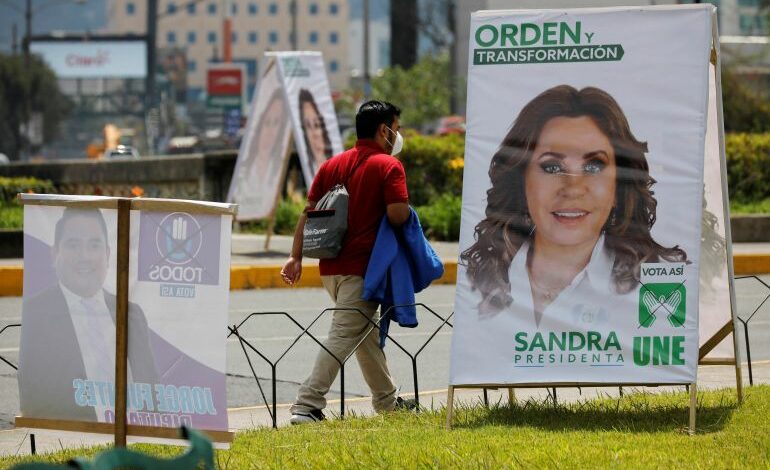
Guatemalans will head to the polls on Sunday to cast their votes in general elections, capping one of the most chaotic electoral campaigns in decades.
The vote comes as human rights advocates have raised alarm over democratic rollbacks in the Central American nation and as the exodus of thousands of Guatemalan asylum seekers heading north continues.Approximately 9.2 million Guatemalans will be eligible to cast their ballots to elect Guatemala’s next president and vice president, as well as 160 representatives in the Guatemalan Congress.
Hundreds of local positions are also up for grabs, as are 20 seats in the Central American Parliament.
The voting centres are expected to open at 7:00am (13:00 GMT) and close at 6:00pm local time on Sunday (00:00 GMT on Monday).The leading candidates
The National Unity of Hope (UNE) Party’s Sandra Torres was leading in most polls before the vote. A 67-year-old businesswoman and former Guatemalan first lady who has unsuccessfully sought the presidency twice before, she is allied with the current legislature’s governing Vamos Party (Let’s Go Party).
Torres finished second in the previous two presidential elections, but she and her party faced accusations of corruption and illegal campaign financing. She has denied the accusations and campaigned on a promise to bolster social programmes to address poverty throughout the country.
Guatemalan presidential candidate Sandra Torres
Torres gestures during a campaign event in Guatemala City, May 27, 2023 [Cristina Chiquin/Reuters]
Trailing Torres in second, according to recent polls, is Edmond Mulet, a 72-year-old career diplomat with the centrist Cabal Party (Spot On Party). Mulet is campaigning on pledges to bolster the economy, and invest in healthcare, education, and security.
While he has also spoken out against corruption and the persecution of journalists, Mulet’s campaign has been beset by accusations he was involved in an illegal child adoption operation in the 1980s, when thousands of infants and children were taken from their families and put up for adoption abroad. Mulet has adamantly denied having any part in the scheme.The leading candidates
The National Unity of Hope (UNE) Party’s Sandra Torres was leading in most polls before the vote. A 67-year-old businesswoman and former Guatemalan first lady who has unsuccessfully sought the presidency twice before, she is allied with the current legislature’s governing Vamos Party (Let’s Go Party).
Torres finished second in the previous two presidential elections, but she and her party faced accusations of corruption and illegal campaign financing. She has denied the accusations and campaigned on a promise to bolster social programmes to address poverty throughout the country.
Guatemalan presidential candidate Sandra Torres
Torres gestures during a campaign event in Guatemala City, May 27, 2023 [Cristina Chiquin/Reuters]
Trailing Torres in second, according to recent polls, is Edmond Mulet, a 72-year-old career diplomat with the centrist Cabal Party (Spot On Party). Mulet is campaigning on pledges to bolster the economy, and invest in healthcare, education, and security.
While he has also spoken out against corruption and the persecution of journalists, Mulet’s campaign has been beset by accusations he was involved in an illegal child adoption operation in the 1980s, when thousands of infants and children were taken from their families and put up for adoption abroad. Mulet has adamantly denied having any part in the scheme.Rights crackdown raises concern
The election campaign has been marked by attacks on Guatemala’s democratic institutions and safeguards, rights advocates have said.
“These elections are a trial by fire to see if we can continue to call Guatemala a democracy,” Juan Pappier, acting deputy director for the Americas region at Human Rights Watch, told Al Jazeera.
The deteriorating situation has come four years after a United Nations-backed anti-corruption agency – the International Commission Against Impunity in Guatemala, commonly known as CICIG – was kicked out of the country.
And since 2021, more than three dozen people, including judges, investigators, journalists, and prosecutors involved in anti-corruption efforts or investigations, have been forced into exile. Others have faced criminal charges and prison sentences.
Most recently, a court convicted prominent journalist Jose Ruben Zamora to six years in prison on money laundering charges. The newspaper he founded, El Periodico, was known for investigating corruption, but was forced to close in May.
